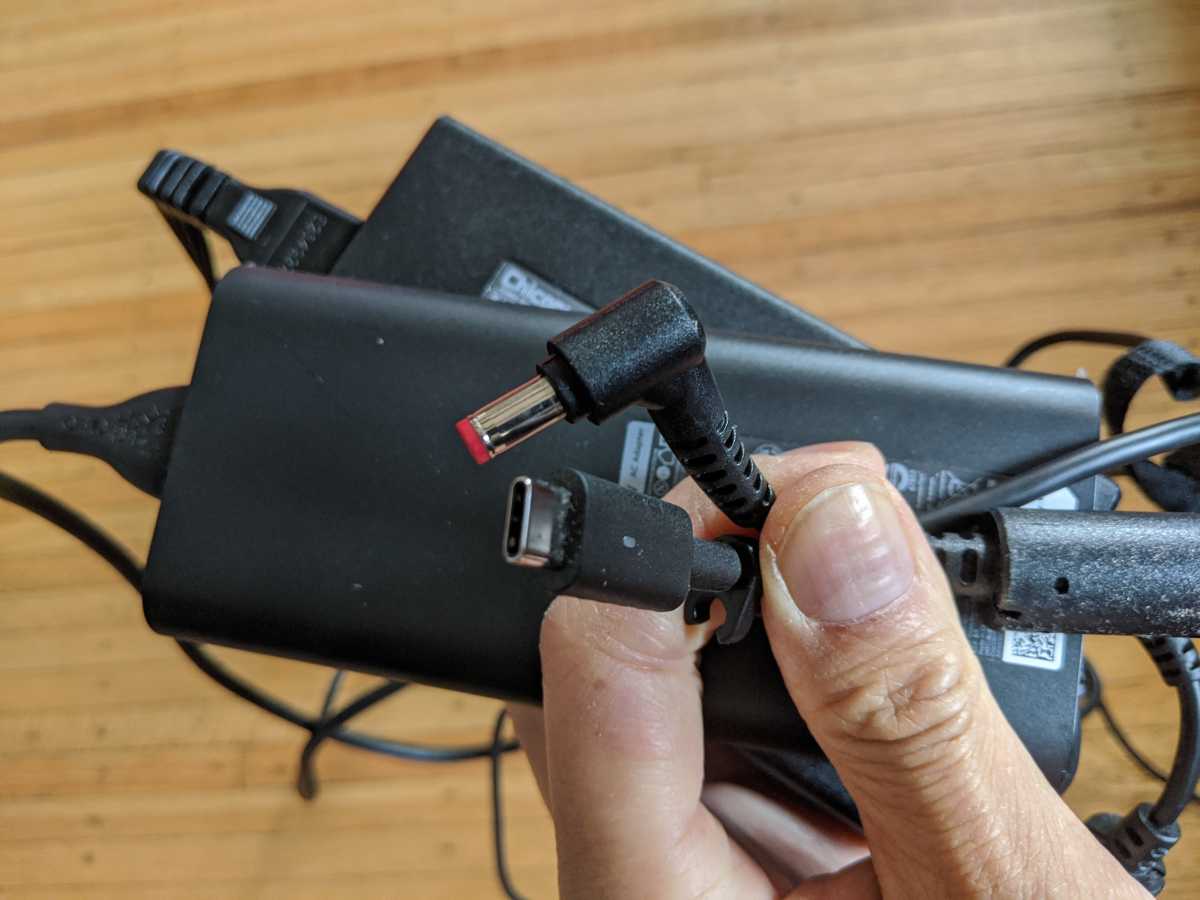Choosing the correct USB-C charger and cable for you laptop is about as fun as visiting the dentist, but new logos released today should go a long way toward making things easier.
The USB Implementers Forum group that oversees the USB standard has released logos that easily indicate whether a cable or charger can hit the new 240 watt rating. Previous USB-C chargers and cables were rated to hit 65 watts or 100 watts but a new version of USB Power Delivery released this May has pushed the limit to an impressive 240 watts.
Obviously, that means if you’re looking for a 240 watt aftermarket charger for a new gaming laptop that supports it, you don’t want to settle for a lesser product. With the new USB-C logos, all you have to do is look for a Certified USB Charger 240W logo with a lightning bolt like the one from the chart above.
The other component you may need is a 240 watt USB-C cable, so consumers need only look for Certified USB Charger 240W with a cable in its logo. Both logos also can also be paired with USB 40Gbps bits to indicate if the cable is certified to support USB4’s 40Gbps speed.
The higher output 240 watt power range is a welcome addition to USB-C as it should allow laptop makers to bring universal USB-C charging to far more powerful laptops, including gaming laptops with discrete graphics chips—something that was out of reach for previous USB-C chargers, cables, and ports. In fact, we found that we probably wouldn’t want to use a small USB-C charger in a gaming laptop with today’s technology. But with 240 watt USB-C charger, we’d probably change our mind.
The problem, of course, is that the USB-IF is an organization that certifies cables, chargers, and other USB-C products, but it can’t really enforce anything. This has lead to small-brand and no-name manufacturers getting the spec wrong in the past. The good news is the cables from companies that actually obtain certifications correctly should work correctly. So we recommend that you look for these logos as you shop for the new higher-output cables and chargers.
If you don’t need these higher output options, you can hit up our roundup of the best USB-C cables, where we put 14 different options to the test in both charging and data transfers. If you want to do your own shopping on Amazon instead, we also have an explainer on how to choose a USB-C cable without losing your mind.

Gordon Mah Ung
One of founding fathers of hardcore tech reporting, Gordon has been covering PCs and components since 1998.

